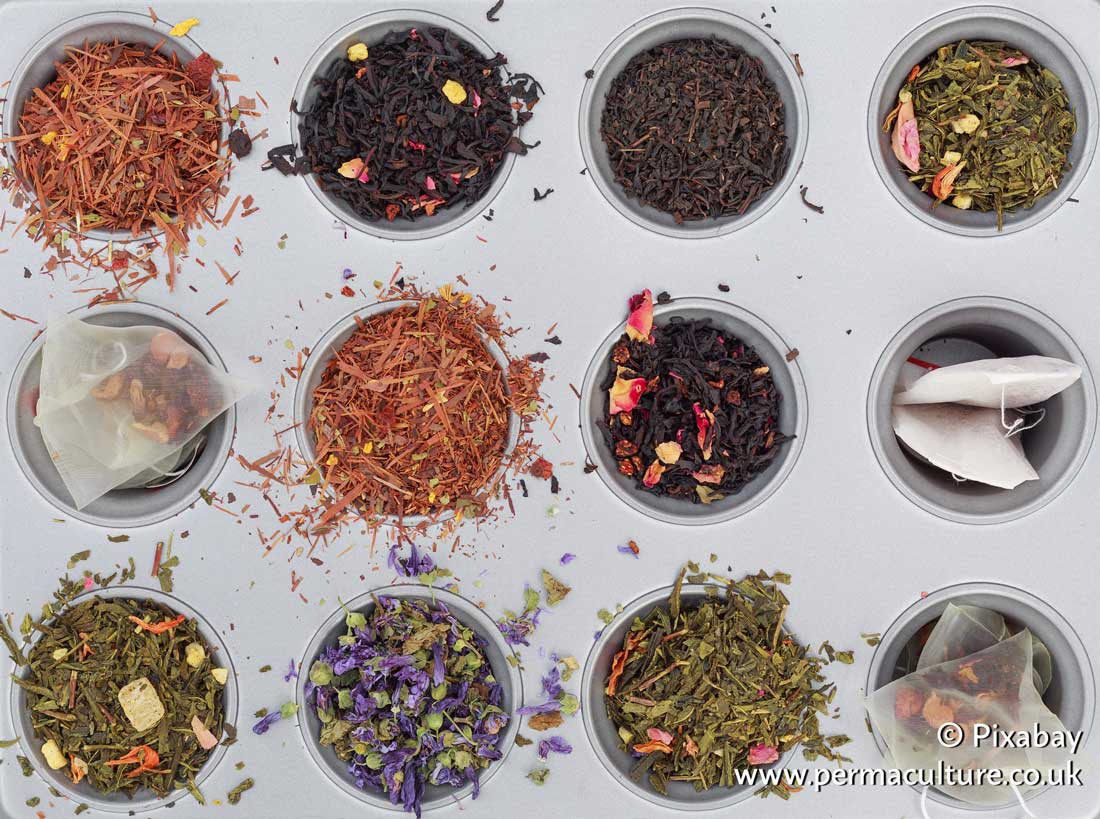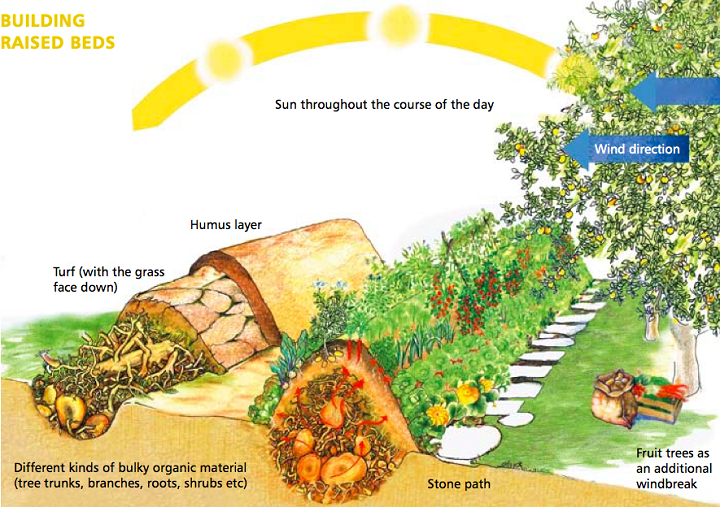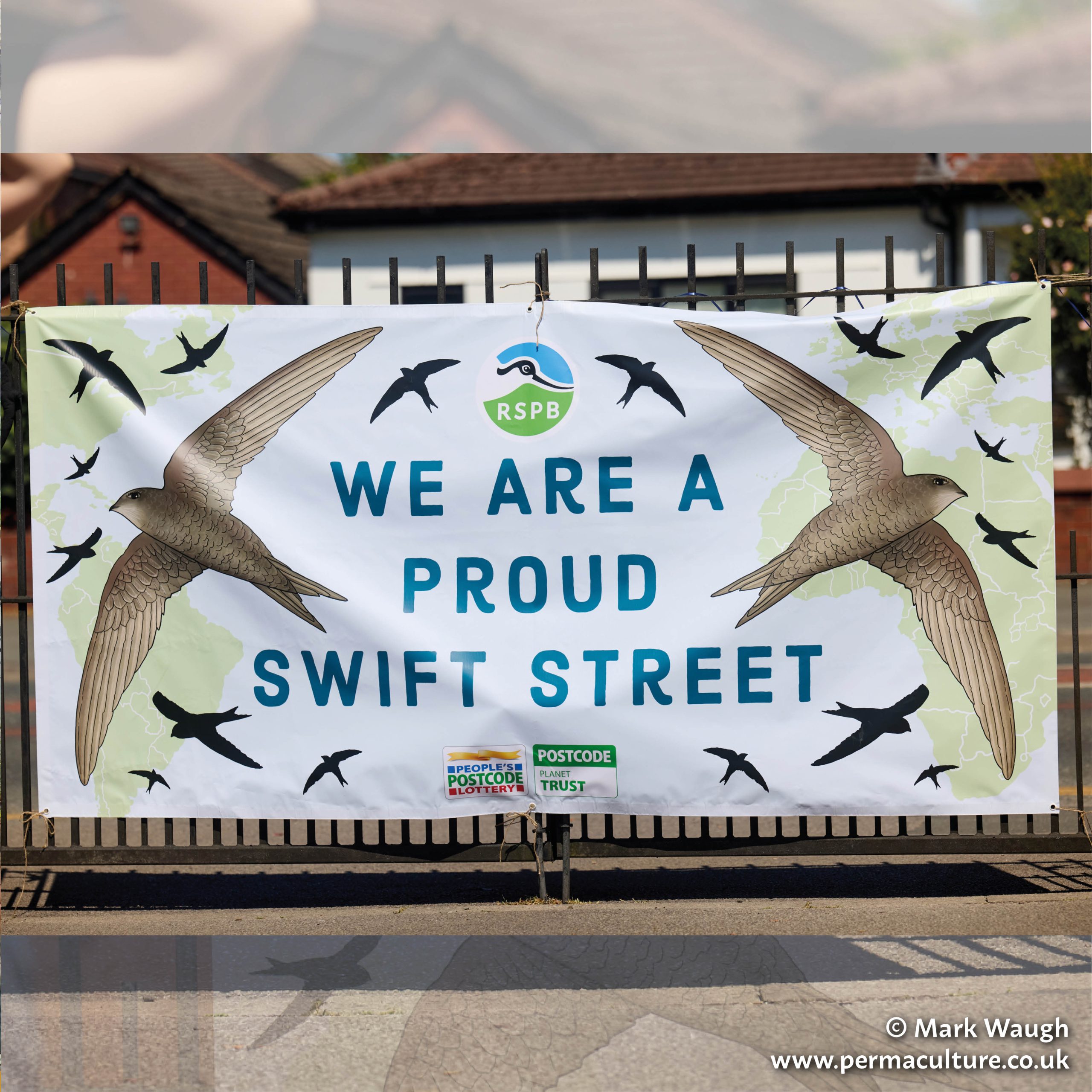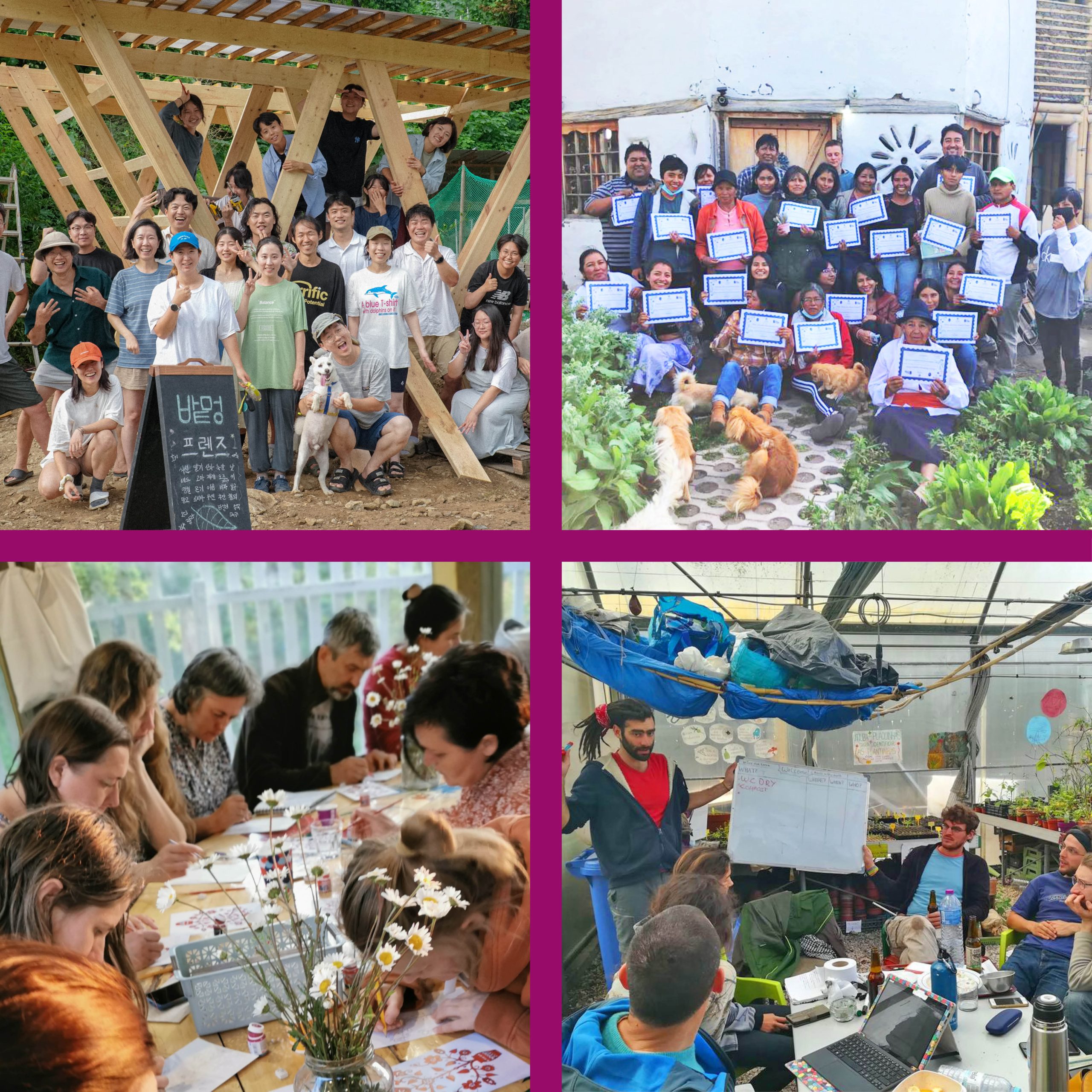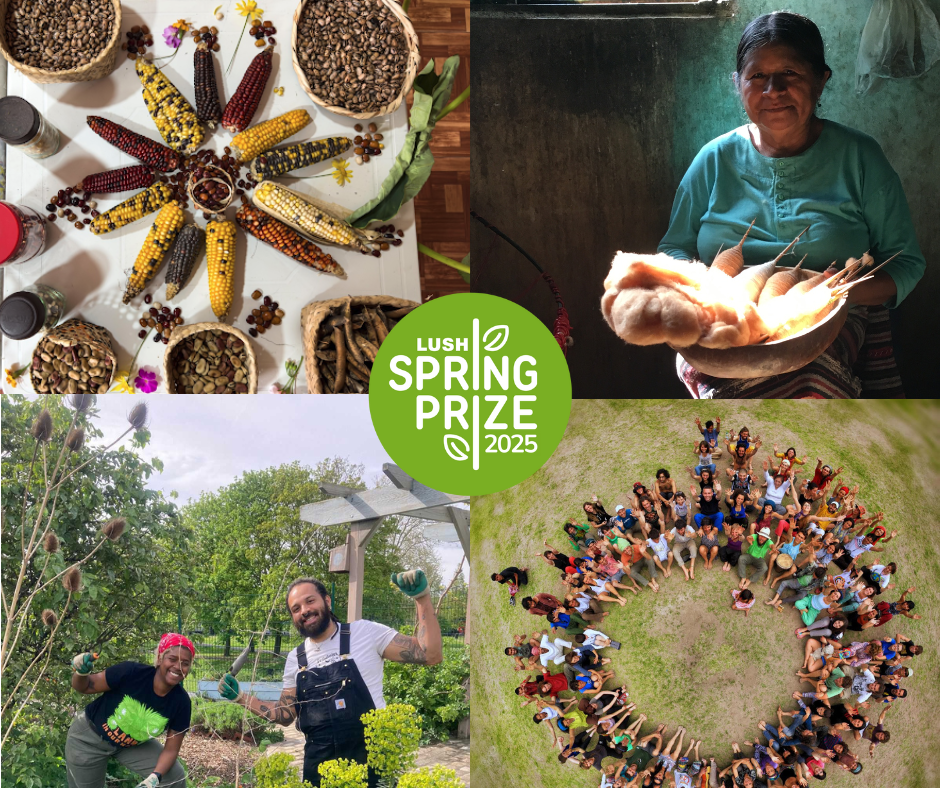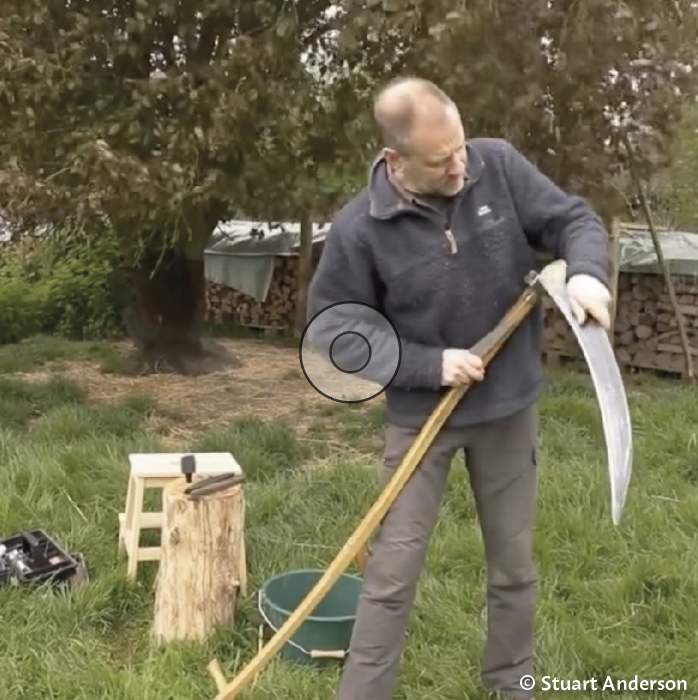Personal sustainability is the ability to sustain ourselves: our energy levels, health and connection to our dreams and visions, other people and our higher self. People have a responsibility to maintain their own physical, emotional, mental and spiritual health and avoid a burnout. We need to have an understanding of our own needs and have mechanisms in place to meet them.
A socially sustainable culture will have a common understanding of ethical behaviour. Social responsibility is woven into everyday actions; our lives filled with interactions that feed us, nourish our sense of self worth and encourage honesty. We are social creatures and it is not possible to do everything on our own. We need nurturing relationships for our mental well-being.
When we recognise our need for interdependence we are willing to support each other. It doesn’t mean that we all have to be best friends; permaculture teaches us that we can respect, co-operate, co-exist with our differences rather than competing or trying to extinguish diversity.
Culture is the beliefs, customs, arts, institutions, practices and social behaviour of a particular nation or people. It is composed of internal thinking and external behaviours.
The systems we have for managing the earth’s resources and for how we interact with each other depend greatly upon our culture – its traditions, values and ways in which people organise themselves.
There are different layers to our culture. Race, class, language, education, locality and work all contribute to the environment we live in. Our cultures are a composite of our homes, family, work, community and wider groups that we belong to.
Every person is a part of many homes and will have a unique set of culture that they identify with. We have a family culture and a work culture as well as being part of even bigger groups such as age groups like children, teenagers or elders.
We often act from these cultural perspectives without necessarily being aware that it is our cultural conditioning that is dictating our thinking. For instance the time in the morning or evening that we consider is fine to phone people is conditioned and not the same cross-culturally. Each culture has preferences and aversions, beliefs and actions.
Shifts in cultural beliefs and actions occur around us all the time and can come about quite quickly. The mobile phone culture has taken root and spread rapidly around the globe. There has been a dramatic increase in the availability of organic food over the last decade and it is now more usual to recycle and compost food.
Over the next ten years, it may become as normal to re-use our grey water and buy second hand clothes. The current economy relies on products having built-in obsolescence but it could become the norm for items to be manufactured for disassembly and reuse or replacement of component parts.
This is an excerpt taken from Looby Macnamara‘s People and Permaculture.
Looby is a permaculture teacher and author, including the first book to explore the people care ethic, People and Permaculture.
